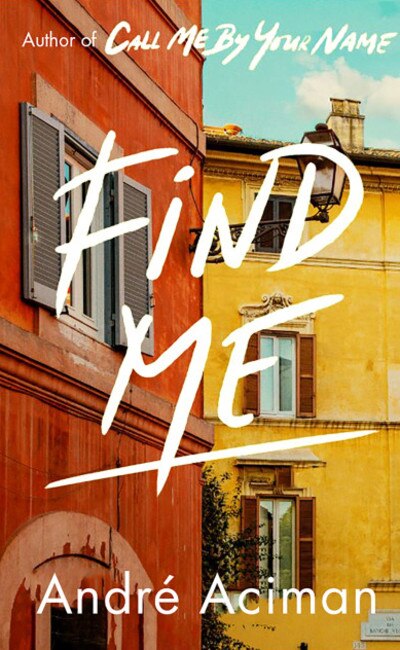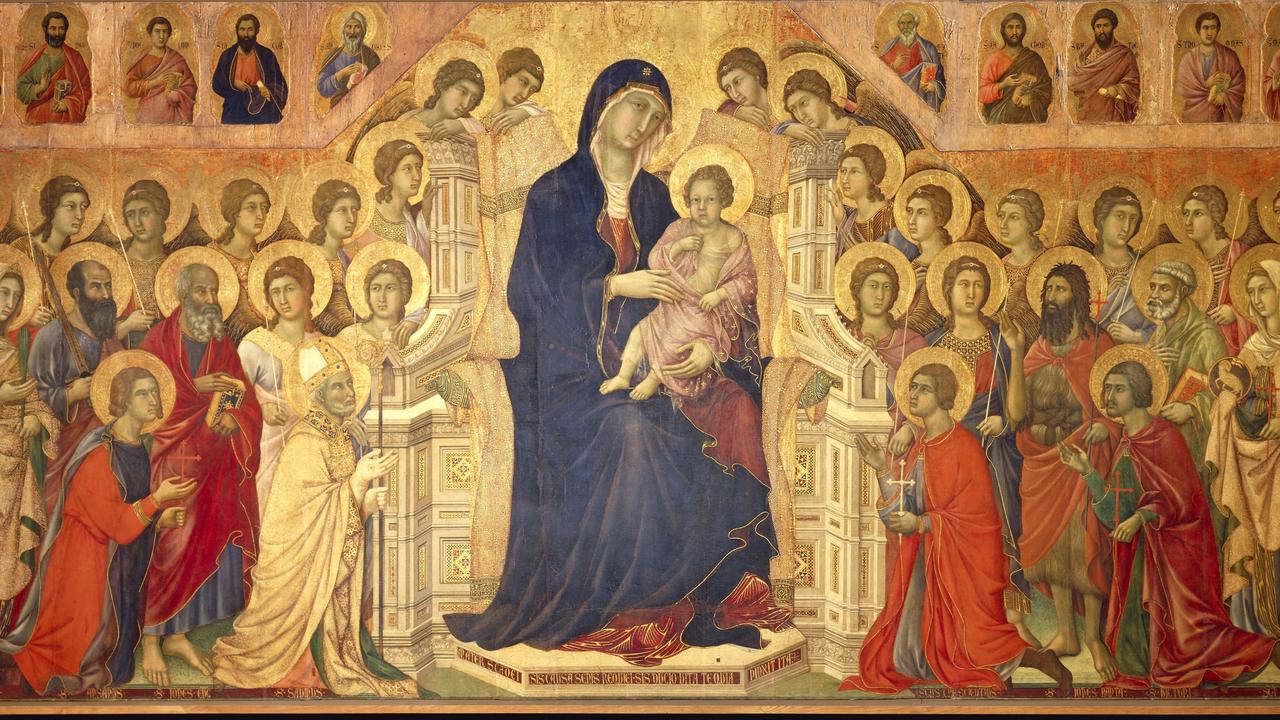Find Me: the sequel can never live up to that first love
Andre Aciman’s Call Me By Your Name told of a deep, dazzling first love; his follow-up struggles to match that magic.

The inspired performances of Timothee Chalamet and Arnie Hammer in Luca Guadagnino’s 2017 film, Call Me By Your Name, caused many people to seek out Andre Aciman’s 2007 novel of the same name. Aciman, a New York academic, is also a novelist and memoirist. His scholarly interest/obsession is Proust and Proustian sensibility filters everything he writes. Call Me By Your Name, Aciman’s debut novel, is a magnificent evocation of first love.
It is also pretty high-end writing. A lot of talk, a lot of cultural reference and intense inward reflection. It is also hot. Guadagnino’s film stuck close to Aciman’s novel. The lives of the haute-bourgeoise over one idyllic northern Italian summer in 1983 was filmed in loving, lush detail and the ensemble cast didn’t put a foot wrong.
But Chalamet as Elio and Hammer as Oliver, falling in love and being in love, were extraordinary. Hammer, one moment prone beside the small pool, the next rolling into the water in a fractional movement rates in cinema wit with Cary Grant pushing Katharine Hepburn back inside the front door in The Philadelphia Story.
We might not have read Proust but it is Proustian, and possibly human, to long to know what happens to the beautiful Elio and charming Oliver. And so, a decade on, Aciman has obliged. Call Me By Your Name ended with Oliver flying back to the States to marry and Elio being comforted by his parents. Find Me continues the stories of their lives all these years later in a spectacularly discursive way.
As much as a novel is a mirror that reflects some usually unreflectable aspect of ourselves, it can also be a glimpse of the ideal. The hope for every reader – in love with Elio and Oliver because they have managed what we all yearn for in love – is that they will find one another again and live happily ever after. (We never really get over fairytales.) The point of the Proustian Aciman is that, over the course of our lives we are searching for that one great love, great because it is an effortless reflection of our selves.
Sheer fantasy. Except Aciman’s skills as an observer of human nature and an unusual ability to mingle soft porn with high-flown thought and ardent speech made us believe finding the one great love is possible.

It is tedious having to explain yourself in the world. But silence is lonely, so when you meet another whose thoughts and character are an immaculate fit with your own, you are more than half in love. If they happen to be physically desirable “half in love” becomes headlong. But, as Proust revealed, time is the real, and most dissolute, player in falling in love. The nature of desire is that it cannot stand still. Shakespeare checked this in the piercing Sonnet 129, Th’ Expense of Spirit in a Waste of Shame, defining the exact course of desire; chased, fulfilled and then remembered. Heroin users say there is never anything like that first shot and they are compelled to keep chasing. First love is first love, and in Aciman’s view great loves don’t cease because every desire has been fulfilled. You just have to find the courage to pursue them. But he also realises that you might simultaneously be in love with another, or others, while you maintain a constant vigil over the one great love. As I said, Proust figures in the filter.
However. Aciman isn’t primarily writing about Elio and Oliver in Find Me. Or not of them as a couple. The opening section of the novel features Sami, Elio’s father. It is the longest, least successful section and is called Tempo. (The musical instructions before each part are specific direction to the reader and there to be heeded.)
After Elio left home Sami and his wife divorced. Sami still lives in the wonderful house by the sea. The novel opens at Florence station as the train leaves for Rome when Sami and a young woman strike up a conversation. Her name is Miranda, she is a photojournalist and travels the world and by the time they reach Rome Sami and Miranda have discovered they are soulmates. She takes him to meet her father (probably a bit younger than Sami), they wander around Rome and spend the night together. We are to believe each has found the love of their lives.
I read all this with sinking heart. Only an older man would write this fantasy and Roth is dead. The writing is awkward, probably because of the falsity beneath the fantasy.
What kept me reading were the bits that fall from elsewhere, acute and true. Miranda explaining to Elio that she loves the way Sami’s mind “twists everything, as if life were made up of meaningless scraps of paper that turn into tiny origami models the moment he starts folding them”. I also wanted to get to Elio and Oliver.
The second part is Elio, now a musician in Paris, in love with an older man. Aciman calls it Cadenza and it is a virtuosa display of Elio’s charms. Sigh.
I read again with sinking heart and further irritation but, again, was saved by moments of truth and insight. Then there is the third part, Capriccio, intense rendering of Oliver’s American life, interesting but unsatisfactory. The final and briefest part, Da Capo, is what the reader has really been wanting. To see Elio and Oliver united, to have re-found each other. To see if soulmates can really outrun time.
Call Me By Your Name worked because Aciman, risking writing about moments most writers avoid, brought his unusual, acute sensibility to bear on the dazzling urgency of first love. The power of some love can, indeed, stop time.
The pleasures of that novel and the curiosity about what happens to the enchanting Elio and Oliver will sell Find Me. But, despite some brilliant and many moving moments, it is a stiff reminder that sequels, from Little Women to Seven Little Australians, are generally ill-advised.
Helen Elliott is a writer and critic.
Find Me
By Andre Aciman
Faber, 256pp, $39.99



To join the conversation, please log in. Don't have an account? Register
Join the conversation, you are commenting as Logout